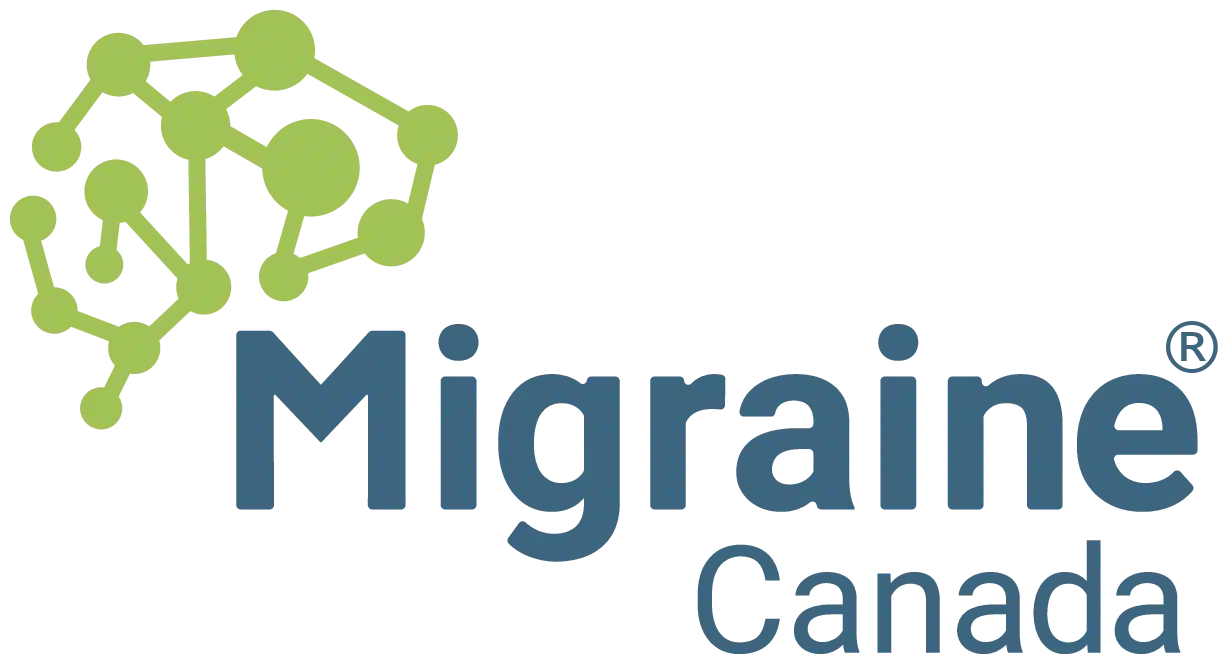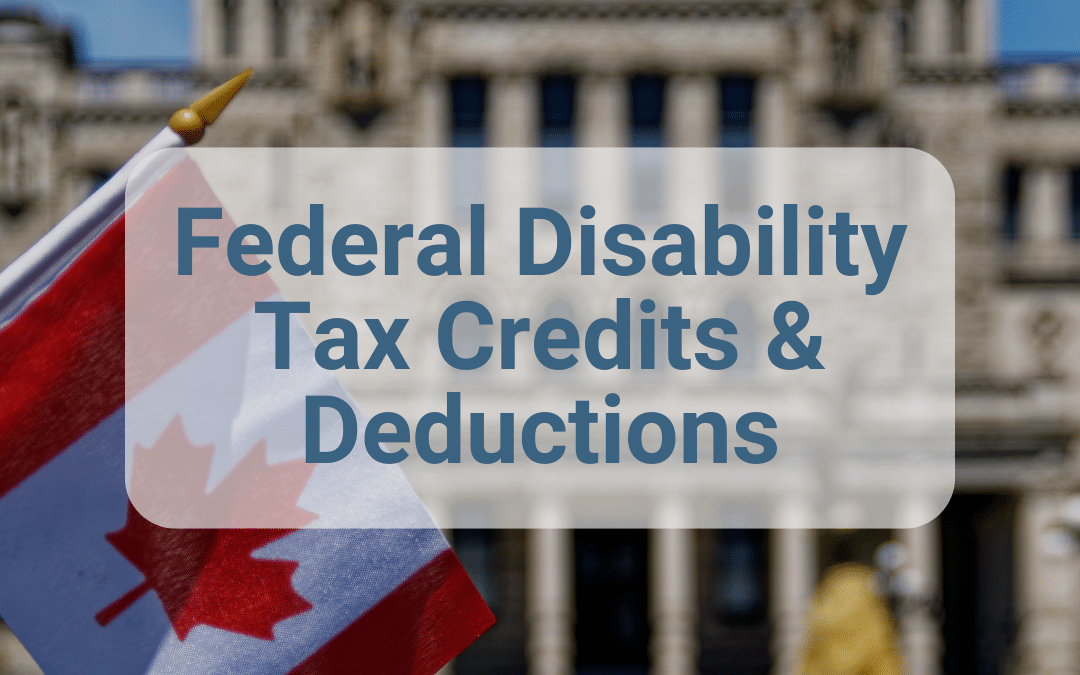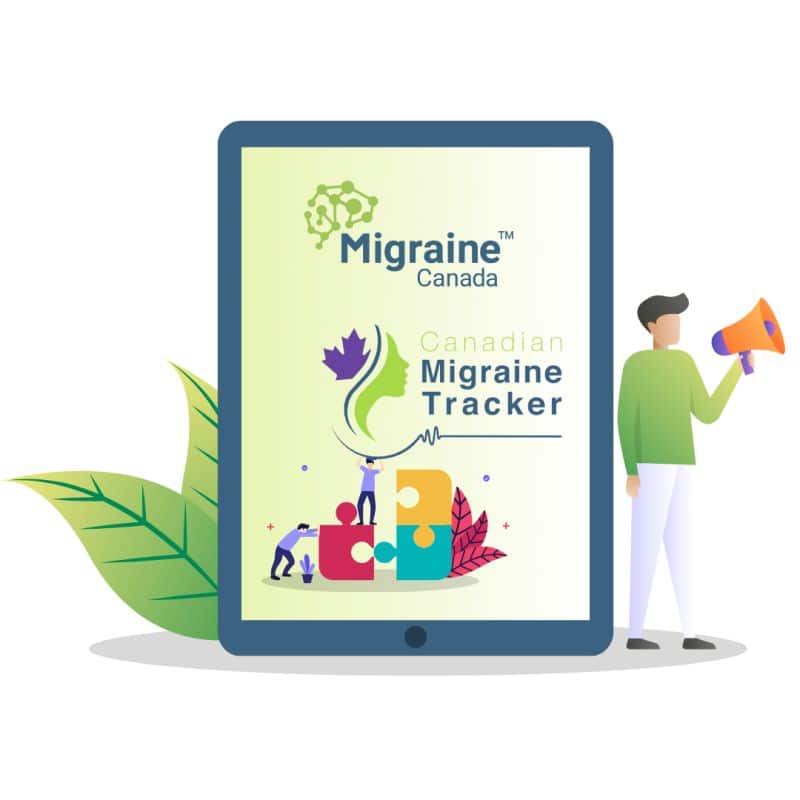Many tax credits and deductions are available for people living with a disability – https://www.canada.ca/en/revenue-agency/services/tax/individuals/segments/tax-credits-deductions-persons-disabilities.html
Disability Tax Credit
Website
About This Credit
The disability tax credit (DTC) is a non-refundable tax credit that helps people with disabilities, or their supporting family member, reduce the amount of income tax they may have to pay.
If you have a severe and prolonged impairment, you may apply for the credit. If you are approved, you may claim the credit at tax time.
By reducing the amount of income tax you may have to pay, the DTC aims to offset some of the extra costs related to the impairment.
Who Is Eligible?
You may be eligible for the DTC if a medical practitioner certifies that you have a severe and prolonged impairment in 1 of the categories, significant limitations in 2 or more categories, or receive therapy to support a vital function.
How to Apply/Application
Contact Information
Being eligible for the DTC can open doors for other programs:
- Canada workers benefit disability supplement
- Child disability benefit
- Home accessibility tax credit
- Home Buyer’s Plan
- Home buyers’ amount
- Canada caregiver credit
- Registered disability savings plan (see below)
- You may also be eligible to claim medical expenses, the disability supports deduction, and the refundable medical expense supplement.
More Information: https://www.canada.ca/content/dam/cra-arc/camp-promo/factsheet/fctsht_prsns_dsblts-en.pdf
Registered Disability Savings Plan (RDSP)
About This Program
A registered disability savings plan (RDSP) is a savings plan intended to help an individual who is approved to receive the disability tax credit (DTC) to save for their long-term financial security.
Contributions to an RDSP are not tax deductible and can be made until the end of the year in which the beneficiary turns 59. Contributions that are withdrawn are not included as income to the beneficiary when paid out of an RDSP. However, the Canada disability savings grant (grant), the Canada disability savings bond (bond), investment income earned in the plan, and the proceeds from rollovers are included in the beneficiary’s income for tax purposes when paid out of the RDSP.
For more information on RDSPs, go to Savings and pension plan administration.
Eligibility and Contributions
Who can become a beneficiary of an RDSP?
You can designate an individual as beneficiary if the individual meets all of the following criteria:
- Is approved for the DTC (disability tax credit) (unless transferring from an existing RDSP to a new RDSP).
- Has a valid social insurance number (SIN).
- Is a resident of Canada when the plan is entered into.
- Is under the age of 60 (a plan can be opened for an individual until the end of the year in which they turn 59). The age limit does not apply when a beneficiary’s RDSP is opened as a result of a transfer from the beneficiary’s former RDSP.
A beneficiary can only have one RDSP at any given time, although this RDSP can have several plan holders throughout its existence, and it can have more than one plan holder at any given time.
Who can contribute to an RDSP?
Anyone can contribute to an RDSP with the written permission of the plan holder. For more information, see Opening an RDSP
RDSP Guide: https://www.canada.ca/en/revenue-agency/services/forms-publications/publications/rc4460.html
Contact Information: https://www.canada.ca/en/revenue-agency/corporate/contact-information.html
Medical Expense Tax Credit
About This Credit
You can claim the cost of certain medicines, devices and treatments. You can claim these expenses for yourself, your spouse or common-law partner, or your children.
Refundable Medical Expense Supplement
About This Credit
You may also be eligible for the refundable medical expense supplement if you have a low income and high medical expenses. It will reduce the amount of income tax you may need to pay. If you don’t have income tax to pay, this tax credit will give you a refund.
Disability Supports Deduction
About This Deduction
If you have an impairment in physical or mental functions, you may be able to deduct expenses from your income taxes. You may get the disability supports deduction even if you’re not eligible for the disability tax credit.
Federal Excise Gasoline Tax Refund
About This Refund
If you have a permanent mobility impairment and cannot safely use public transportation, you can ask for a refund of part of the federal excise tax on the gasoline you buy. A qualified medical practitioner must certify the impairment.



